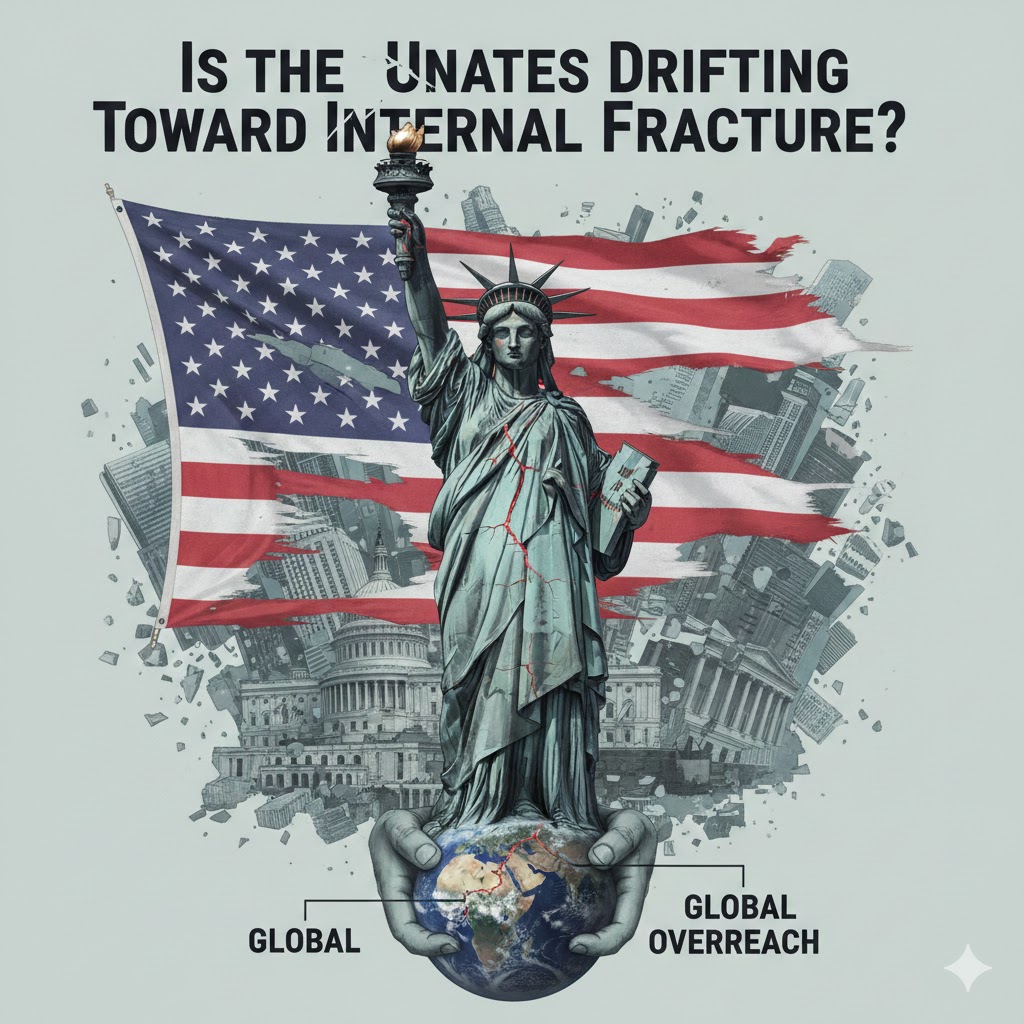A Tangled Web: The EU Sanctions China Over Alleged Support for Russia’s War in Ukraine
On a seemingly ordinary Monday in June 2024, the European Union (EU) made a significant geopolitical move by imposing sanctions on 19 Chinese companies. The stated reason? Punishing China for what the West believes is Beijing’s covert support for Russia’s war in Ukraine. This seemingly straightforward action, however, opens a Pandora’s Box of complex geopolitical and economic considerations. Analyzing this event requires delving into the accusations, the potential consequences, and the broader context of the EU-China relationship.
Unraveling the Accusations: China’s Alleged Role in the Ukraine War
The EU’s accusations against China center around what they believe is Beijing’s indirect but significant support for Russia’s war in Ukraine. This support is suspected to take several forms:
- Economic Assistance: While China hasn’t openly defied Western sanctions against Russia, concerns exist that they may be offering economic lifelines to Moscow, mitigating the impact of sanctions and allowing Russia to sustain its war effort.
- Military and Technological Aid: There are suspicions that China may be supplying Russia with non-lethal military equipment or even technology that could be used for military purposes.
- Propaganda and Diplomatic Backing: China’s stance on the conflict has been one of neutrality, leaning closer to Russia’s narrative than the West’s. This lack of condemnation could be seen as a form of diplomatic backing for Russia’s actions.
These accusations are fiercely contested by China. They claim the US and its allies are engaged in “information warfare” and that China maintains a neutral stance on the conflict while seeking a peaceful resolution.
The Impact of Sanctions: A Multi-Pronged Challenge
The EU’s sanctions target 19 Chinese companies, including several based in Hong Kong and two global satellite giants. These sanctions primarily restrict the sale of “dual-use goods and technology” to the targeted companies. Dual-use goods can have civilian and military applications, and these restrictions aim to prevent them from bolstering Russia’s military capabilities.
The potential consequences of these sanctions can be seen from various angles:
Economic Impact:
- Disrupted Trade: Restrictions on trade with sanctioned companies could strain the already complex EU-China economic relationship. Both entities are major trading partners, and disruptions could lead to higher costs and supply chain bottlenecks.
- Chinese Retaliation: China has a history of responding to sanctions with retaliatory measures. This could affect European businesses operating in China and lead to a tit-for-tat escalation.
Geopolitical Tensions:
- Strained Relations: These sanctions are likely to further sour relations between the EU and China, creating an atmosphere of mistrust and suspicion. This can hinder cooperation on other critical global issues like climate change and nuclear non-proliferation.
- Cold War 2.0? This incident, coupled with existing tensions over human rights and technology, raises questions about a potential new Cold War between the West and China. However, this is a complex issue, as both sides are deeply intertwined economically, making a full-scale conflict unlikely.
Domestic Politics:
- EU Unity: The EU’s ability to present a united front on sanctions is crucial. If member states have differing stances or prioritize economic ties over security concerns, the effectiveness of the sanctions could be undermined.
- Public Opinion: The war in Ukraine and concerns about China’s growing influence have likely shaped public opinion in the EU. Politicians may face pressure to take a strong stance against China, even if it comes at an economic cost.
Beyond the Headlines: Examining the Context
To fully understand the EU’s actions, we must consider the broader context of the EU-China relationship:
- A Rivalry in the Making: The past few years have witnessed increased friction between the EU and China. Disagreements on human rights, trade practices, and technology have simmered beneath the surface of a seemingly prosperous economic relationship.
- The Rise of China: China’s growing economic and military power has significantly altered the global landscape. The EU, once a dominant player, finds itself navigating a multipolar world where China is a significant force.
- The Transatlantic Partnership: The war in Ukraine has strengthened ties between the EU and the US. Both see China’s potential support for Russia as a threat, and this shared concern may have emboldened the EU to take a stronger stance against China.
Looking Ahead: Navigating a Turbulent Future
The EU’s sanctions on China are a significant event with far-reaching implications. The potential consequences on the global economic and geopolitical stage are considerable. Here are some key areas to watch in the coming months:
- China’s Response: Will China retaliate economically or diplomatically? How will this response impact the relationship with









